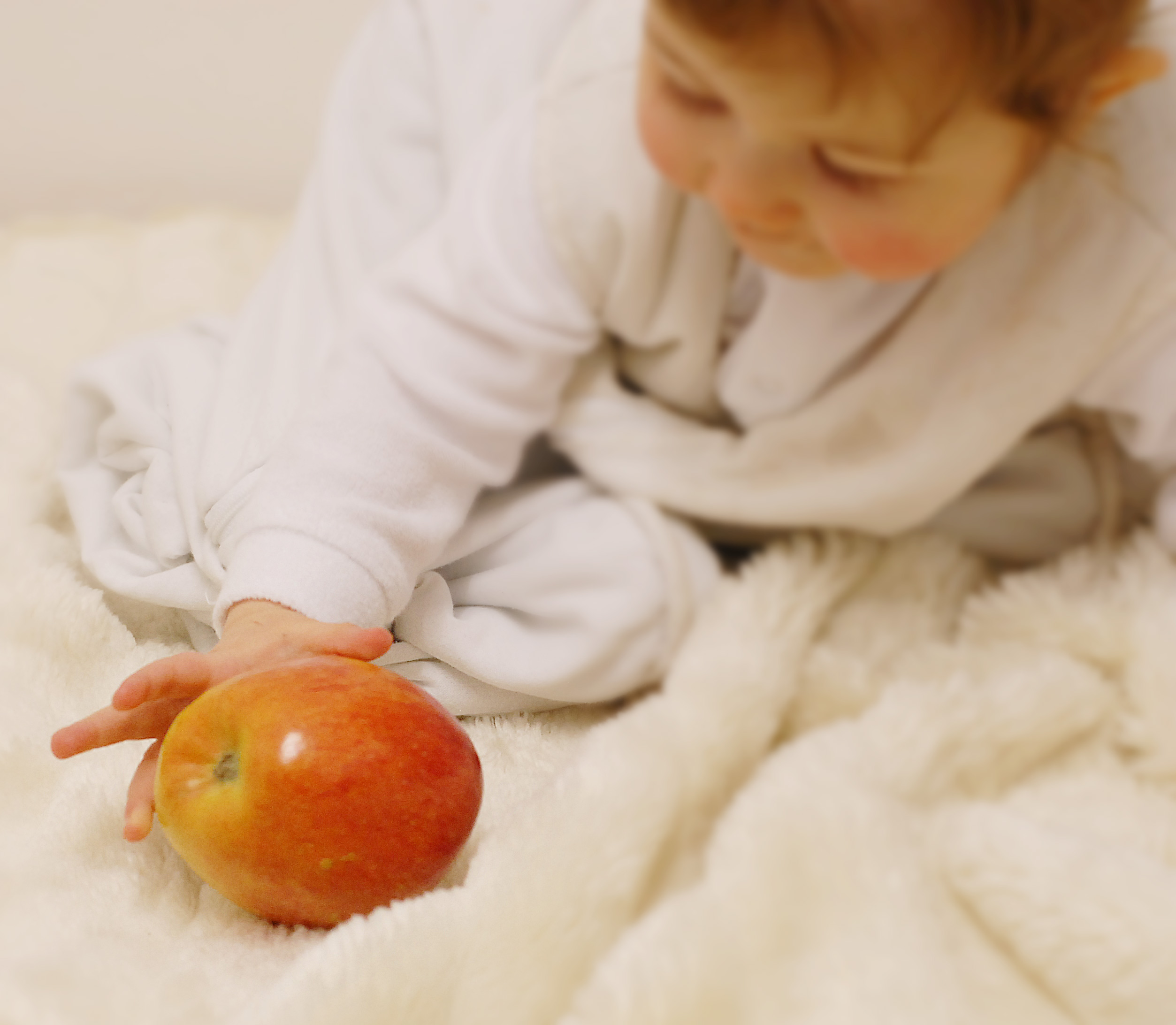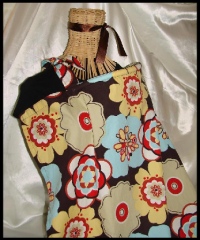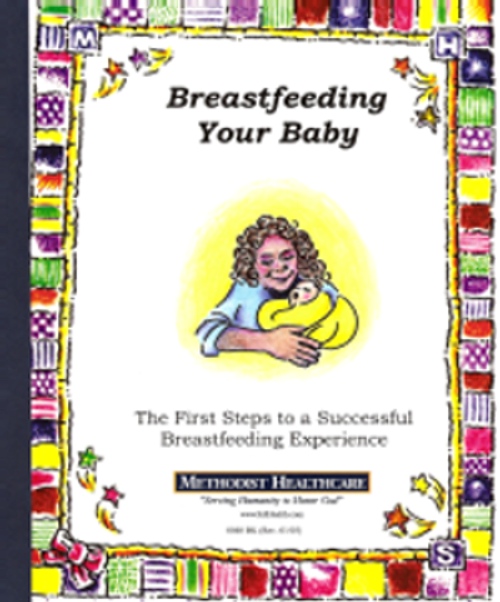Homemade Baby Food in Five Easy Steps
 You’re probably thinking, “who has time to make their own baby food?” I can assure you that you have time! Making your own baby food is a lot easier than you think and will save your family a lot of money. There are other benefits to making your own baby food. Gone are the days of reading labels and watching for hidden additives. Making your own baby food ensures that there are no hidden ingredients in your baby’s food that he or she may be allergic to. Serving homemade baby food to your child will make their transition to table food less stressful because they’ll be exposed to a greater variety of tastes and textures. Another benefit to home made baby food is that you can make sure that your babies food tastes yummy! Have you ever tasted jarred baby food? YUCK!
You’re probably thinking, “who has time to make their own baby food?” I can assure you that you have time! Making your own baby food is a lot easier than you think and will save your family a lot of money. There are other benefits to making your own baby food. Gone are the days of reading labels and watching for hidden additives. Making your own baby food ensures that there are no hidden ingredients in your baby’s food that he or she may be allergic to. Serving homemade baby food to your child will make their transition to table food less stressful because they’ll be exposed to a greater variety of tastes and textures. Another benefit to home made baby food is that you can make sure that your babies food tastes yummy! Have you ever tasted jarred baby food? YUCK!
- Prep Work
- Mash and Puree
- Freeze
- Organize
- Thaw and Serve
Wash, cook, and peel fruits and vegetables. The microwave is an extremely quick way to cook your vegetables! Try to always buy organic. Some great foods to start your baby on are avocados, sweet potatoes, bananas, and baby cereal.
Some foods, such as bananas and avocados, mash easily with a fork. Others, such as mangoes and broccoli, may require the use of a blender or food processor. I like to use my Oster Hand Blender or my Black and Decker Food Chopper to puree my baby’s food. Babies who are just starting out need very smooth foods, while older babies can have more textured foods. I haven’t had the need for a big food processor, although I imagine having one would make this process even quicker!
Scoop pureed fruit or vegetables into ice cube trays. Put foil over tray and put the covered ice cube tray of pureed food in the freezer.
After cubes have been in the freezer overnight, or about 12 hours, pop out each individual cube, and transfer the cube to a freezer quality zip lock bag. Don’t forget to label the bags with the name of the food and the expiration date. You can store fruits and vegetables for up to three months in the freezer. Some fruits and vegetables can technically be stored in the freezer for longer, however fruits and vegetables can start to lose nutrients during the thawing process after being in the freezer for too long. It is best to serve your frozen baby food within 3 months.
You can thaw frozen cubes by placing them in the refrigerator. Please use this baby food though within two days. You can also microwave the frozen cubes straight out of the freezer when your baby is ready to eat. Just make sure your baby’s food is not too hot before serving!
Resources:
For more detailed information on making your own baby food, you can purchase or check out from the library the book, “Super Baby Food” by Ruth Yaron or visit the Super Baby Food website. In the book you will find all the details of making your own baby food, including:
- what foods baby can eat at what age
- how long you can store every fruit and vegetable in the freezer
- how to easiest cook your veggies
- a really fun toddler recipe section!
Libraries, pediatricians, parent-groups, midwives, and other baby care professionals can receive a free copy of the book “Super Baby Food” by clicking here.
Helpful Tools:
Oster Hand Blender
Black and Decker Food Chopper
Nifty Frozen Cube Storage Option
What is your baby’s favorite food? Do you have any tips or tricks on making this process even more simple? What homemade baby food books do you like?
Share the fun: Email + Del.icio.us + Digg + Technorati





